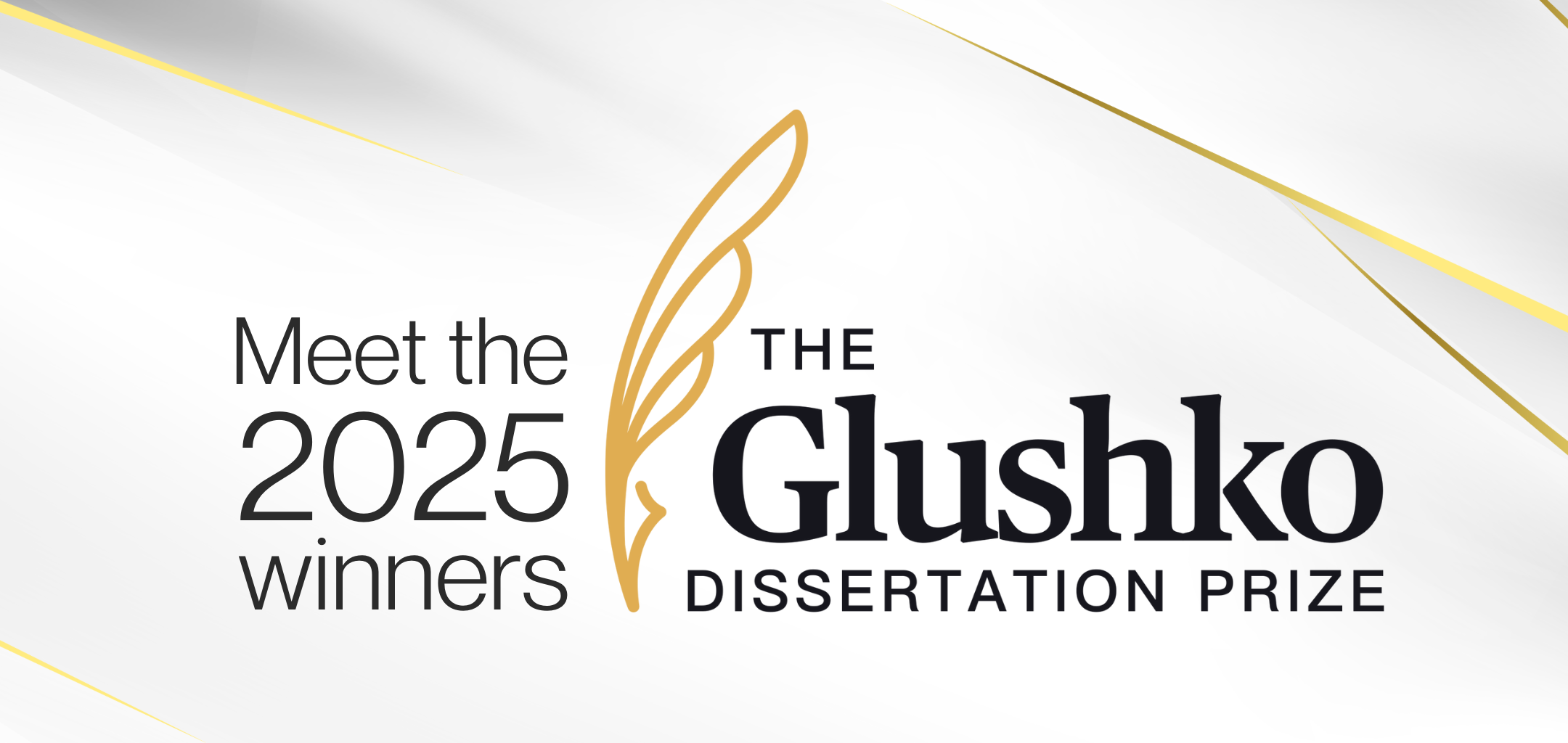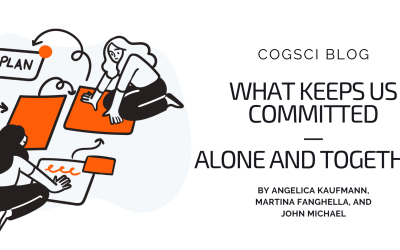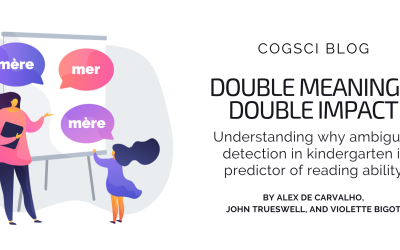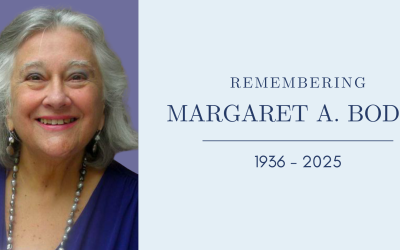The Cognitive Science Society and the Glushko-Samuelson Foundation would like to honor the next generation of cognitive scientists by highlighting this year’s winners of the Robert J. Glushko dissertation prizes in Cognitive Science.
Each year, researchers across many universities are selected for Robert J. Glushko awards for academic excellence in Cognitive Science. The purpose of these awards is to recognize their accomplishments and to encourage their pursuit of interdisciplinary questions about the mind.
We asked a sample of winners to share their research interests and how they got into Cognitive Science. We invite you to learn about these exceptional students and their research in the bios below.
A special thank you to Dr. Robert J. Glushko for his generosity in funding these awards.
2025 Glushko Dissertation Prize Winner Highlights
(Alphabetized by Last Name)
 Vladimir Chituc
Vladimir Chituc
Yale University
2024 PhD Thesis “Moral and Affective Psychophysics: Or, How (Not) to Study Subjective Magnitude”
Research interests: Stories can be more or less thrilling, villains can be more or less dastardly, and endings can be more or less happy—but unlike perceptual magnitudes with objective physical correlates, subjective stimuli like feelings and judgments provide no clear basis on which their magnitudes can be psychologically realized or encoded (let alone accurately quantified and measured). In my dissertation, I try to address this and related puzzles by adapting methods and insights from classic work in sensory psychophysics, which was itself aimed at answering analogous questions in the domain of sensation and perception.
Path to Cognitive Science: After bombing my premed classes (and loving a course on comparative cognition), I decided to take an introductory course in Cognitive Science taught by Brian Scholl (who then rejected my application for the major). I figured psychology was close enough, and Brian would go on to serve as my dissertation advisor nearly 15 years later.
 Anna Hadjitofi
Anna Hadjitofi
University of Edinburgh
2024 PhD Thesis “Neural mechanisms of dance communication in honeybees”
Research Interests: I am interested in the neural basis of animal communication, and use computational neural models to understand these complex systems. In my PhD dissertation, I investigated how honeybees encode and decode vector information in the ‘waggle dance’ to communicate the location of food sources, focusing on how the central complex circuit in their brain could be adapted to support this behaviour.
Path to Cognitive Science: My path to Cognitive Science was driven by the realisation that understanding something as intricate as honeybee communication required more than one perspective. Cognitive Science provided a framework to integrate my backgrounds in neuroscience and computer science, enabling me to explore how intelligence and behaviour manifests neurally and computationally.
 Antonia Langenhoff
Antonia Langenhoff
Stanford University
2024 PhD Thesis “Disagreement Prompts Young Children’s Metacognitive Reflection”
Research interests: I am interested in the inferences people draw from everyday, spontaneous social interactions, and in how such experiences shape learning and cognitive development. In my dissertation, I explored the epistemic consequences of interpersonal disagreement and found that it prompts young children to engage in metacognitive reflection.
Path to Cognitive Science: I began working in a cognitive development lab early on in my undergraduate studies at the University of Göttingen in Germany. This experience sparked my passion for studying fundamental questions in cognitive science from a developmental perspective — and for the unique creative challenges that come with designing behavioral experiments for children.
 Emalie McMahon
Emalie McMahon
Johns Hopkins University
2024 PhD Thesis “Hierarchical Computations of Social Interaction Perception in the Human Mind and Brain”
Research interests: Every day, we navigate many different social interactions—with colleagues, friends, and family. Each exchange is a testament to the mind’s remarkable ability to navigate the social world. What enables us to engage in such rich, dynamic social behavior? In my dissertation, I address part of this question. I combine human behavior, multi-modal neuroimaging, and computational modeling to uncover the mechanisms underlying our understanding of others’ social interactions.
Path to Cognitive Science: In college, my journey through various extracurriculars and research revealed a deep appreciation for the scientific process. Driven in part by a desire to understand my own social anxiety, I now pursue Cognitive Science as a lens into the social mind.
 Francesco Poli
Francesco Poli
University of Cambridge
2024 PhD Thesis “Developing models for learning and exploration”
Research Interests: In my dissertation, I focus on how curiosity-driven learning and exploration are present from early infancy to guide the acquisition of new skills and knowledge. More broadly, I investigate the brain and cognitive mechanisms that propel developmental change and ultimately give rise to the rich, flexible repertoire of knowledge and abilities characteristics to adulthood.
Path to Cognitive Science: I owe my tendency to focus on mental states to the curious and introspective nature of my parents; The discovery of a formal discipline to study thinking and reasoning to Prof. Laura Macchi; The passion for developmental change to Prof. Francesca Simion.
 Lionel Wong
Lionel Wong
Research interests: I love language, and my work asks how people understand and learn from language. My dissertation focuses on how we make meaning from language, and more specifically, how the meaning we make from language relates to our broader abilities to represent and reason about the world. From there, I’m also interested in how language scaffolds on top of our existing beliefs to teach us new facts, concepts, and useful theories that help us understand the world around us more richly in the future.
Path to cognitive science: I owe my path to cognitive science to a couple of near random circumstances! I applied to graduate school because I was walking across my college campus looking to talk to my fiction professor about pursuing an MFA in creative writing, and instead bumped into a research mentor who helped me apply to graduate school in the sciences. I started my PhD assuming I would become a computer scientist, but around my fourth year I happened to sit behind Susan Carey at a large dinner. She gave such a moving tribute to the work she admired in the field that I left thinking I’d be silly not to spend my scientific efforts also trying to probe the human mind!
CONGRATULATIONS TO ALL ROBERT J. GLUSHKO AWARD WINNERS!
If you are one of this year’s Glushko award recipients, we encourage you to celebrate your achievements. Make an X/Bluesky thread about yourself similar to these student’s highlights and use the hashtag #GlushkoAward

 Vladimir Chituc
Vladimir Chituc Anna Hadjitofi
Anna Hadjitofi Antonia Langenhoff
Antonia Langenhoff Lionel Wong
Lionel Wong

